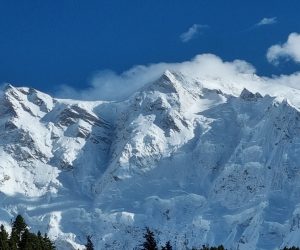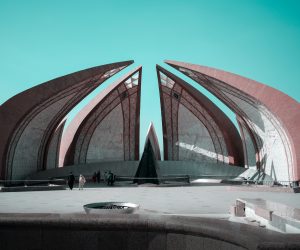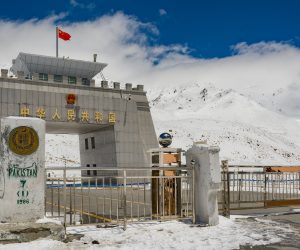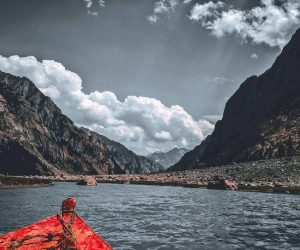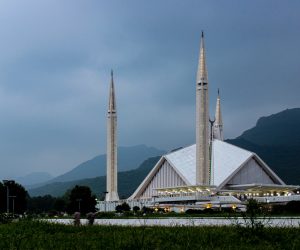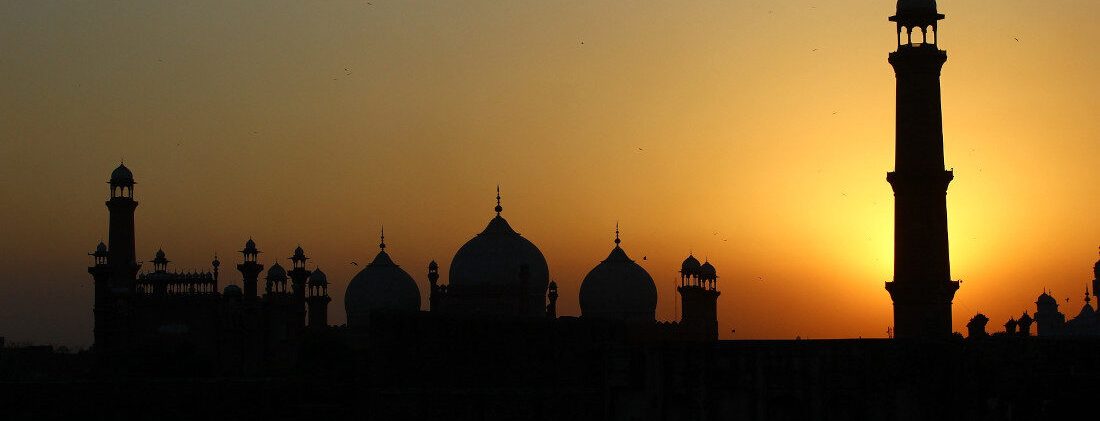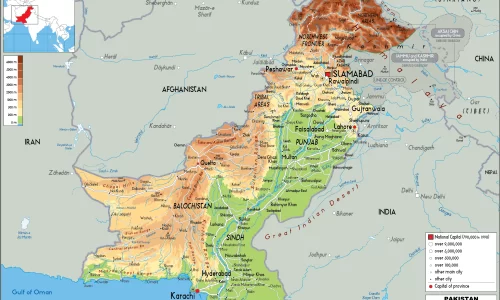ABOUT PAKISTAN
About Pakistan
Pakistan is a country of immense diversity, rich history, and breathtaking natural beauty. Located in South Asia, it shares borders with India, China, Afghanistan, and Iran, and has a coastline along the Arabian Sea. With a population of over 240 million, it is the fifth most populous country in the world and a melting pot of languages, cultures, landscapes, and traditions.
Geography and Landscape
Pakistan boasts some of the most dramatic and diverse landscapes on Earth. The country is divided into several distinct regions:
Northern Pakistan is home to the majestic Karakoram, Himalaya, and Hindu Kush mountain ranges. It features some of the highest peaks in the world, including K2 (the second-highest mountain on Earth), Nanga Parbat, and Broad Peak.
The Punjab region is known for its fertile plains and is the agricultural heartland of the country.
The Sindh province hosts the mighty Indus River, ancient archaeological sites, and the famous Thar Desert.
Balochistan is a land of rugged mountains, desert landscapes, and rich mineral resources.
Khyber Pakhtunkhwa offers lush green valleys like Swat, Kaghan, and Chitral, as well as historical mountain passes like the Khyber Pass.
The coastal areas of Karachi and Gwadar open Pakistan to maritime trade and tourism, with scenic beaches and ports.
History and Heritage
Pakistan is a land of ancient civilizations and historical significance:
The Indus Valley Civilization (around 2600 BCE) was one of the world’s earliest urban cultures, with cities like Mohenjo-Daro and Harappa.
It was part of the Achaemenid Empire, invaded by Alexander the Great, and later flourished under Buddhist Gandhara civilization, known for its art and monasteries.
The region saw the rise of powerful Islamic empires including the Delhi Sultanate, Mughals, and Durranis.
In 1947, Pakistan emerged as an independent state from British India, founded by Quaid-e-Azam Muhammad Ali Jinnah as a homeland for Muslims.
Culture and People
Pakistan’s culture is vibrant, colorful, and rooted in deep traditions:
The people are known for their hospitality, warmth, and generosity.
There are over 70 languages spoken in Pakistan, with Urdu as the national language and English widely used in education and government.
Major ethnic groups include Punjabis, Pashtuns, Sindhis, Baloch, Kashmiris, and Gilgitis, each with their own customs, dress, music, and cuisine.
Traditional arts include truck art, calligraphy, folk music, dance, and handicrafts.
Tourism and Adventure
Pakistan is a paradise for travelers, trekkers, climbers, and cultural explorers:
Northern Pakistan offers thrilling treks, mountaineering expeditions, lush green valleys, glaciers, and alpine lakes. Destinations like Hunza, Skardu, Fairy Meadows, and Deosai Plains are world-renowned.
Desert safaris in Cholistan and Thar, and camel safaris offer unique experiences in vast golden landscapes.
Historical sites such as Taxila, Lahore Fort, Badshahi Mosque, Makli Necropolis, and Rohtas Fort reflect the region’s rich history.
The Karakoram Highway, also known as the Eighth Wonder of the World, connects Pakistan to China through spectacular mountain scenery.
Religious tourism is also prominent, with important Islamic, Sikh, Hindu, and Buddhist sites, including Data Darbar, Kartarpur Corridor, Katas Raj Temples, and Takht-i-Bahi.
Economy and Resources
Pakistan’s economy is based on:
Agriculture: major crops include wheat, rice, sugarcane, and cotton.
Textiles and garments are key exports.
Natural resources include gas, coal, minerals, and salt (including the famous Khewra Salt Mine).
The country is investing in infrastructure and trade through projects like CPEC (China-Pakistan Economic Corridor).
Challenges and Hopes
While Pakistan faces challenges such as poverty, political instability, climate issues, and educational needs, it is also a country full of resilience, youth potential, and strategic importance. With a growing middle class, tech innovation, and increasing global recognition for its natural beauty, Pakistan holds great promise for a brighter future.
Conclusion
Pakistan is not just a destination—it’s an experience. With towering peaks, timeless deserts, rich traditions, and welcoming people, it offers something for every traveler, adventurer, and seeker. Whether you’re drawn by its history, its hospitality, or its hidden natural wonders, Pakistan is a land that captures the heart and soul of all who visit.
Let me know if you’d like this tailored for a tourism brochure, travel blog, or presentation.

